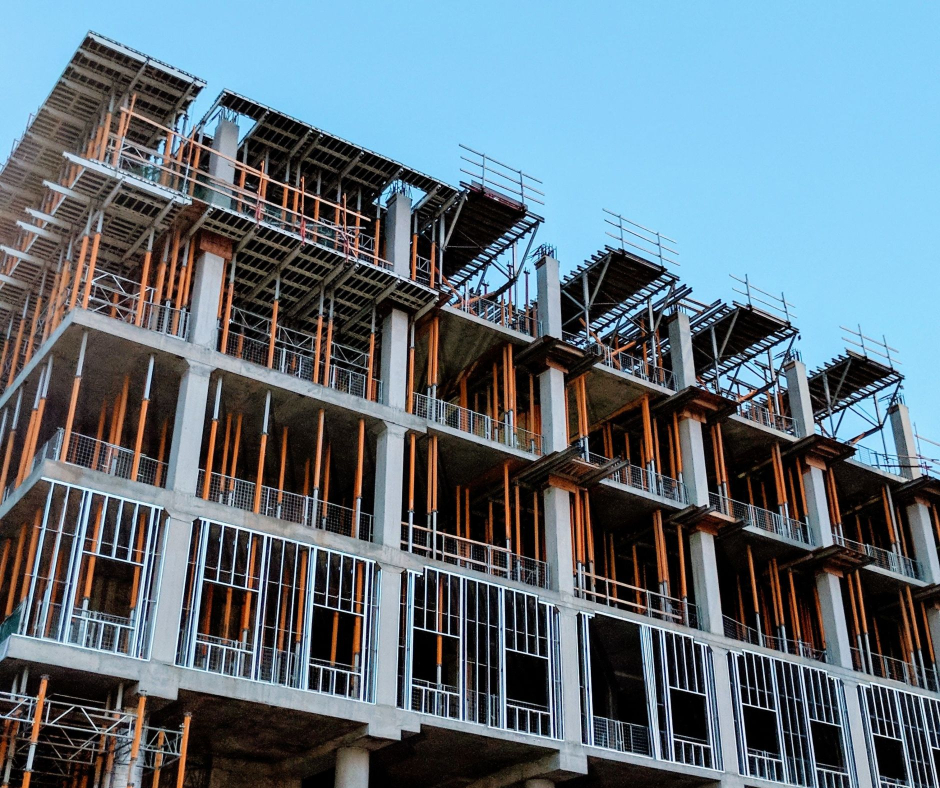Ground-Up New Construction Loans
This guide covers ground-up new construction loans. Ground-up new construction loans are a type of financing designed to provide funding for the acquisition and construction of a new building or property from the ground up.
Spec builders and investors can get approved ground-up new construction loans on land and construction on one-to-four unit residential homes as follows: 25% down payment on land and 100% cost of construction.
Ground-up new construction loans are typically used by home buiilders, and real estate developers, investors, or individuals looking to build a new property. Ground-up construction loans is used residential, commercial, or industrial development. In the following sections, we will cover hoe group-up new construction loans work.
Application and Approval on Ground-Up New Construction Loans
Just like any other loan, the borrower (usually a developer or investor) applies for a ground-up new construction loan through a financial institution, such as a bank or a specialized lender.
Hard money ground-up new construction loans is the easiest and takes the least time. No income tax returns, no docs, and no credit score requirements. 25% down payment on land acquisition, and the hard money lender will finance up to 100% of the construction costs.
The lender assesses the borrower’s creditworthiness, the project’s feasibility, the borrower’s experience in construction or real estate, and the overall risk associated with the project. There are tradtional conforming full doc and hard money ground-up new construction loans.
Project Feasibility on Ground-Up New Construction Loans
Lenders will typically require a detailed project plan that includes architectural plans, construction timelines, cost estimates, and market analysis. This information helps the lender evaluate the potential success of the project and the borrower’s ability to manage the construction process.
Loan Amount and Terms on Ground-Up New Construction Loans
The lender will determine the maximum loan amount based on a percentage of the total project cost, often referred to as the loan-to-cost ratio. This ratio represents how much of the construction costs the lender is willing to finance. The terms of the loan, including interest rates, repayment schedule, and duration, will also be established at this stage.
Disbursement of Funds Process on Construction Loans
Ground-up construction loans are typically disbursed in installments or “draws” as the construction progresses. The lender will send an appraiser or inspector to verify the completion of specific milestones before releasing funds for the next phase of construction. This ensures that the borrower is using the funds for their intended purpose and that the project is advancing according to plan.
Interest Accrual on Construction Loans
Interest typically starts accruing on the disbursed funds as they are used for construction. Borrowers are usually required to make interest-only payments during the construction phase. Once construction is complete, the loan enters its repayment phase, and the borrower starts making principal and interest payments.
Completion and Transition Process on New Construction Loans
When construction is finished, the property is usually inspected to ensure it meets local building codes and standards. Once approved, the borrower can transition the loan to a permanent financing option, like a mortgage, to pay off the construction loan. The transition might involve a new application process and another round of approval.
Risks and Considerations on Ground-Up New Construction Loans
Ground-up new construction loans come with inherent risks, such as construction delays, cost overruns, and market fluctuations. Borrowers need to have a well-thought-out plan, experience in construction or real estate, and a good understanding of the local market to mitigate these risks.
Ground-up new construction loans is not difficult. It is much easier than most people think. Many small spec builders do not realize how hard money ground-up new construction loans can help them expand their business where they do not have to worry about financing their spec home projects.
It’s worth noting that ground-up construction loans can be more complex and require more due diligence compared to traditional mortgages. Borrowers should thoroughly research lenders, understand the terms of the loan, and have a solid plan in place to ensure a successful project.

